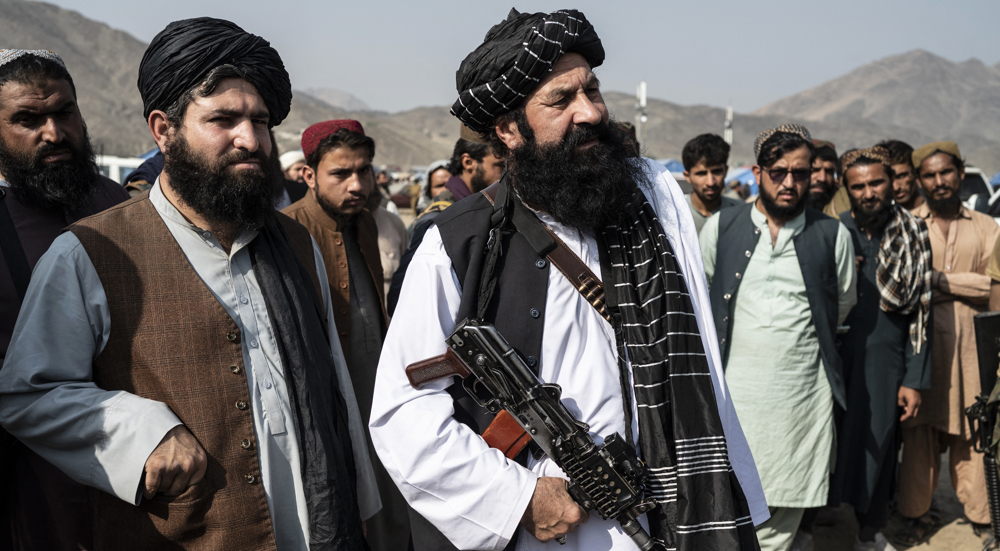New US drone strike kills five in northeast Afghanistan
At least five people have been killed and several others injured in a fresh US drone strike in the troubled northeastern Afghanistan, security sources say.
Local Afghan security officials said that the attack took place in Kunar province on Friday evening.
There were no details about the identity of those killed in the drone strike.
Provincial officials say the victims were Taliban militants, including one of their commanders. However, local residents say the attack claimed civilian lives.
The US has recently stepped up its drone attacks in Afghanistan. On Saturday, at least 45 people were killed in three separate airstrikes in the eastern Nangahar province.
The US regularly uses drones for airstrikes and spying missions in Afghanistan as well as Pakistan’s northwestern tribal belt near the Afghan border, among other places.
Washington claims that the targets of the drone attacks are militants, but local officials and witnesses maintain that civilians have been the main victims of the attacks over the past few years.
Senior Afghan officials have repeatedly criticized Washington for its drone strikes which they say occasionally target civilians.
Hundreds of civilians are believed to have been killed and many wounded in attacks by the unmanned aerial vehicles in the country over the past few years.
The aerial attacks, initiated by former US President George W. Bush, have been escalated under President Barack Obama.
Obama has defended the use of the controversial drone attacks as “self-defense”.
The United Nations, however, says the US drone attacks are “targeted killings” that flout international law.
The UN and several human rights organizations have identified the US as the world’s number one user of “targeted killings,” largely due to its drone attacks in Pakistan and Afghanistan.
Philip Alston, the former UN special rapporteur on extrajudicial killings, said in a report in October 2010 that the attacks were undermining the rules designed to protect the right of life.
Alston also said he feared that the drone killings by the US Central Intelligence Agency could develop a "playstation" mentality.
JR/AS/MHB
D-8’s role in Iran’s economy after Cairo summit
China slams US as ‘war-addicted’ threat to global security
China ‘firmly opposes’ US military aid to Taiwan
VIDEO | Press TV's News Headlines
President Yoon Suk Yeol to be removed from office
At least 19 Gazans killed by Israeli airstrikes since dawn: Medics
Leader: Iran neither has nor needs proxy forces
US fighter aircraft shot down ‘in friendly fire’ amid aggression on Yemen










 This makes it easy to access the Press TV website
This makes it easy to access the Press TV website